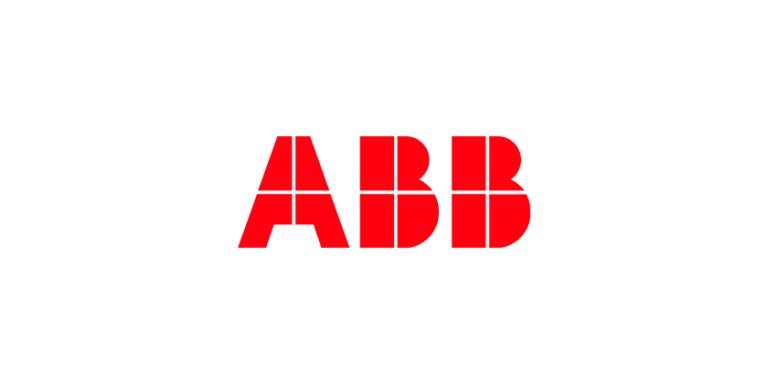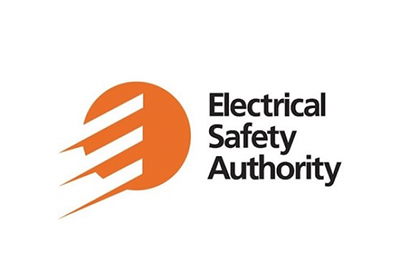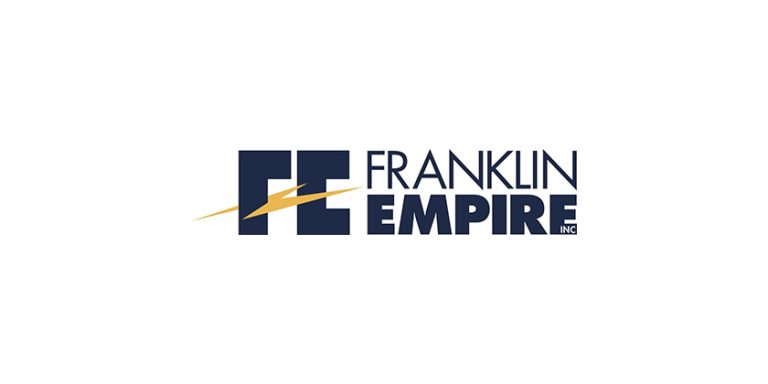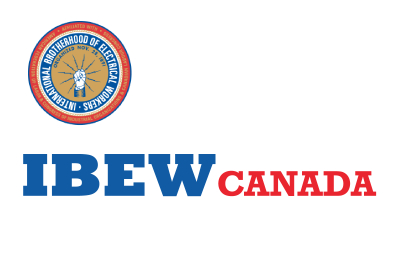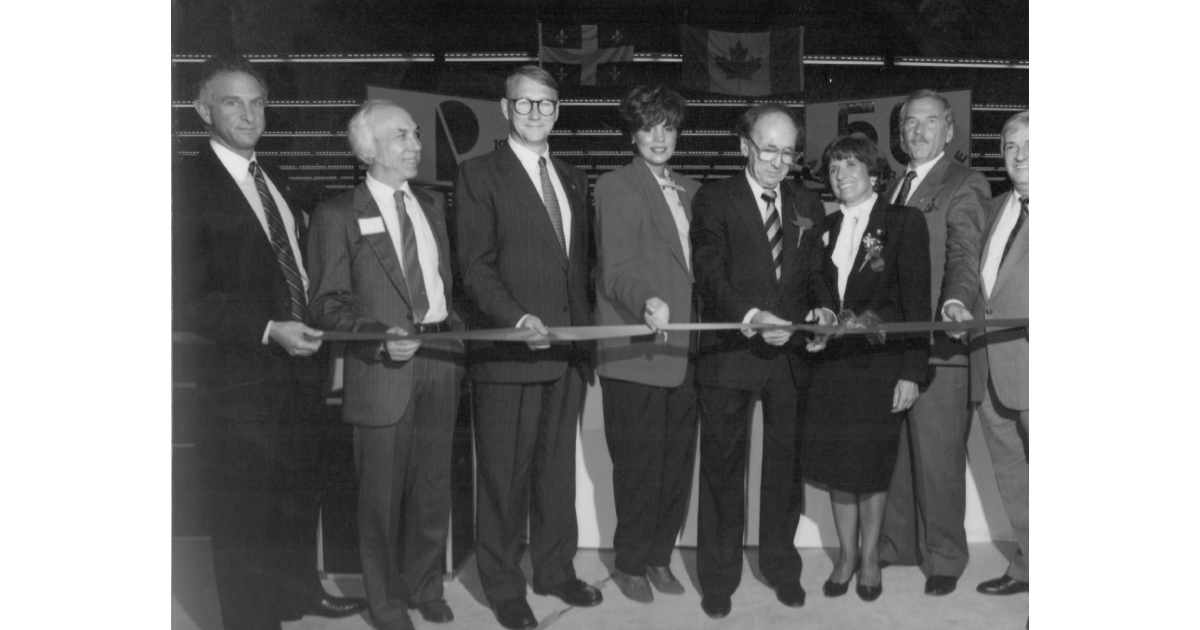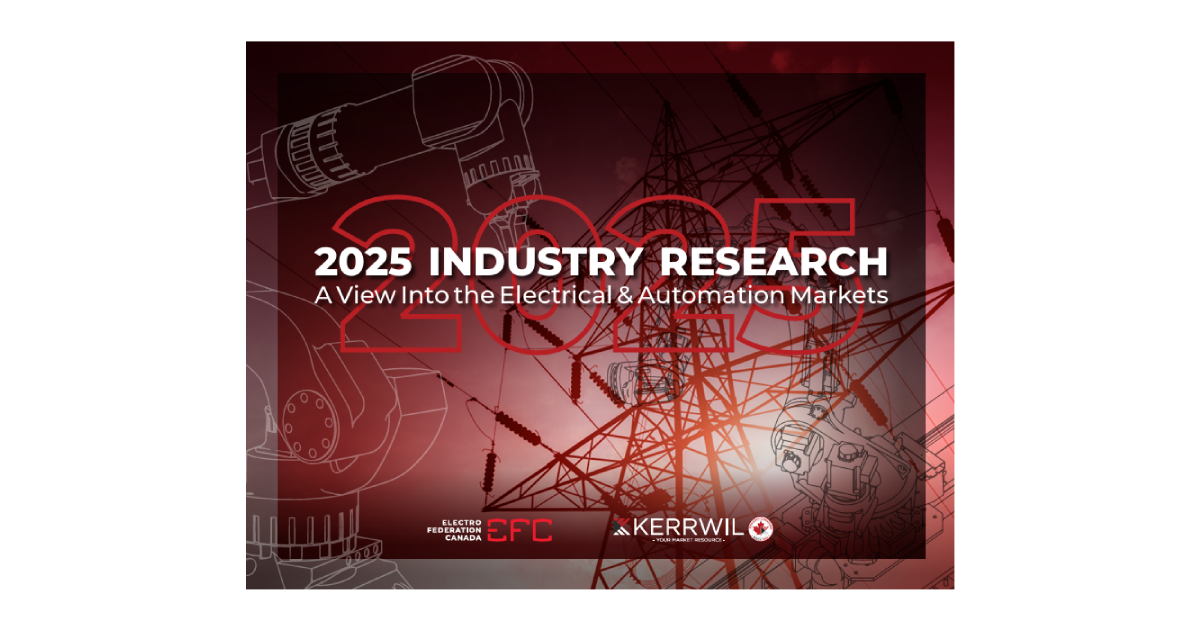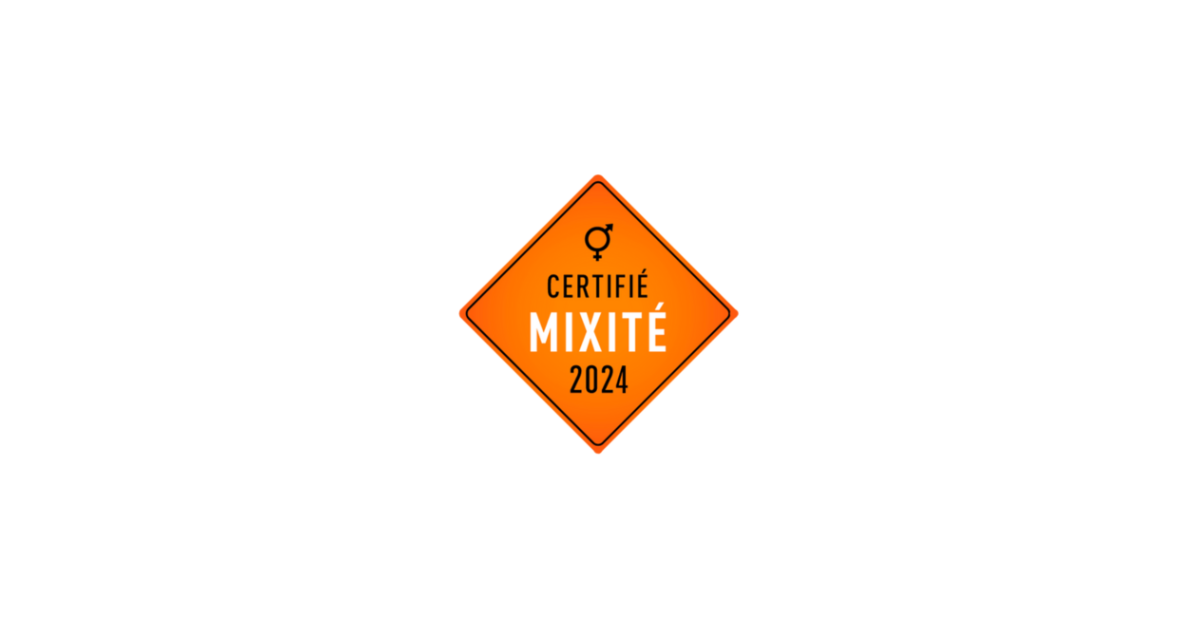Empowering Futures: Student Work-Integrated Learning Program Is Now Accepting Applications
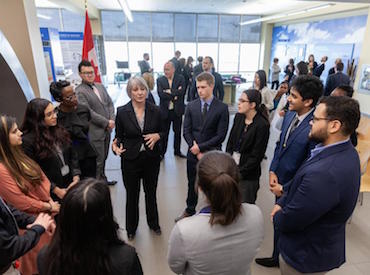
May 18, 2018
Led by Electricity Human Resources Canada (EHRC), Empowering Futures will create up to 1,000 new work-integrated learning (WIL) opportunities in electricity over three years. Wage subsidies up to $7,000 will be available to employers who create new WIL opportunities, such as co-ops, internships, field placements, applied projects, capstone projects, or case competitions.
Announced in the 2016 federal budget, this federal government program brings industry stakeholders together to create new work-integrated learning (WIL) opportunities for students to be better positioned to secure employment in their field of study. (Shown in photo: Patricia Hajdu, Minister of Employment, Workforce Development and Labour, describing the Empowering Futures program during its launch, at Ontario Power Generation’s Darlington Information Centre.)
The goal of the program is to help young Canadians make the transition from school to work through collaborative partnerships between the business community and post-secondary institutions, providing new entrants with practical skills and promoting practice-based learning opportunities for students through subsidized work integrated learning opportunities.
The program’s co-op wage subsidies help minimize the financial barrier, by covering the cost of a co-op student’s salary by up to 50% to a maximum of $5,000 and up to 70% to a maximum of $7,000 for students studying in fields related to science, technology, engineering, mathematics and/or business as well as under-represented groups including:
• women in STEM (science, technology, engineering, mathematics)
• women in business
• Indigenous students
• people with disabilities
• newcomers
EHRC is proposing to strengthen research, development and innovation partnerships between Canadian employers, government, industry associations and post-secondary institutions to ensure that the curricula being delivered align with the needs of the sector.
A stakeholder advisory committee will be established to
• advise, guide, participate in, and assess project activities/outcomes
• validate findings
• assist with stakeholder engagement and communications
• determine how the findings can be used to facilitate increased participation by employers and educational institutions across Canada
Find out more: http://electricityhr.ca/wp-content/uploads/2018/04/EHRC-Empowering_Futures-1-page-ENG-cA-WEB_FINALversion_Apr_12_2018.pdf



